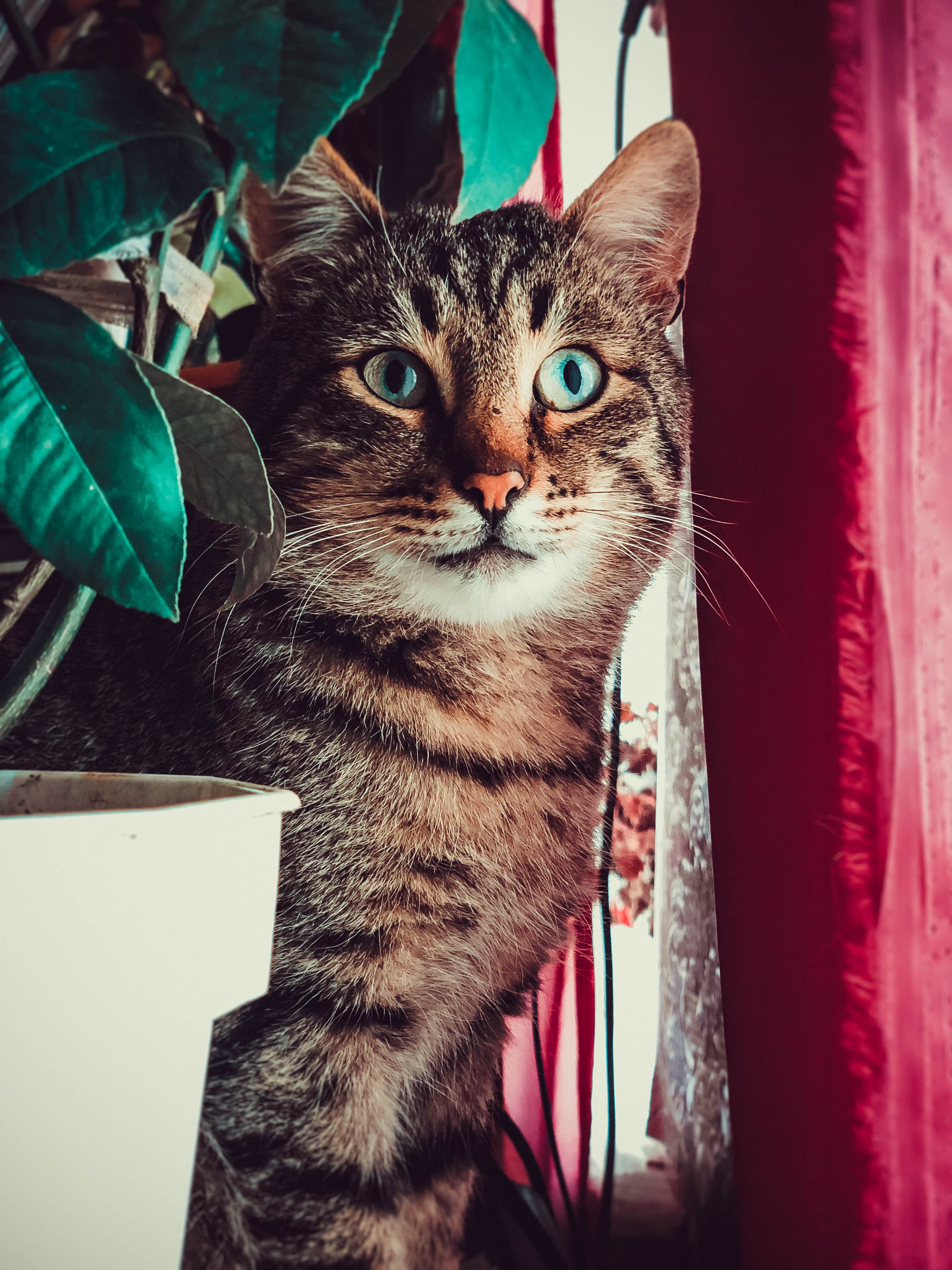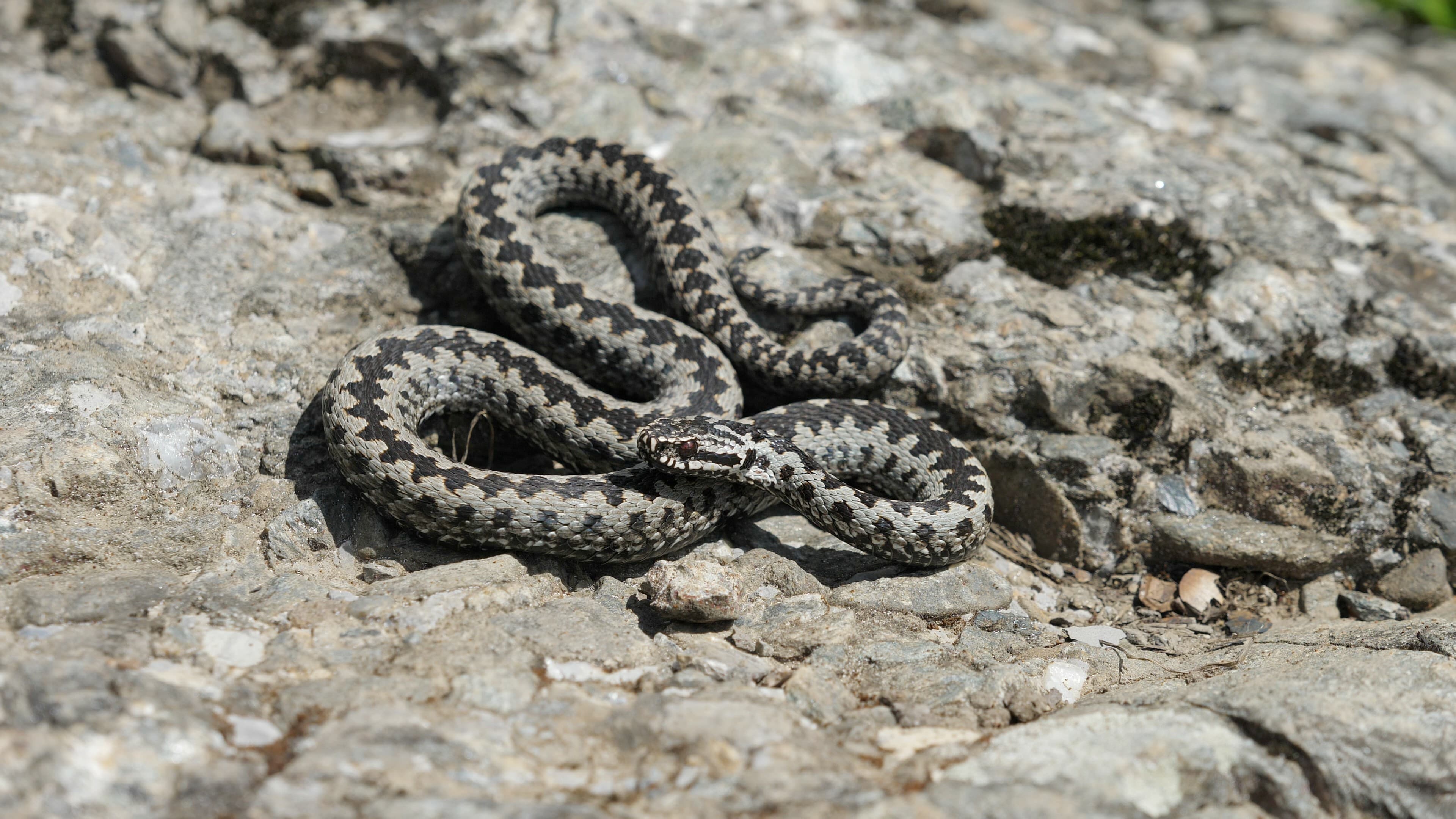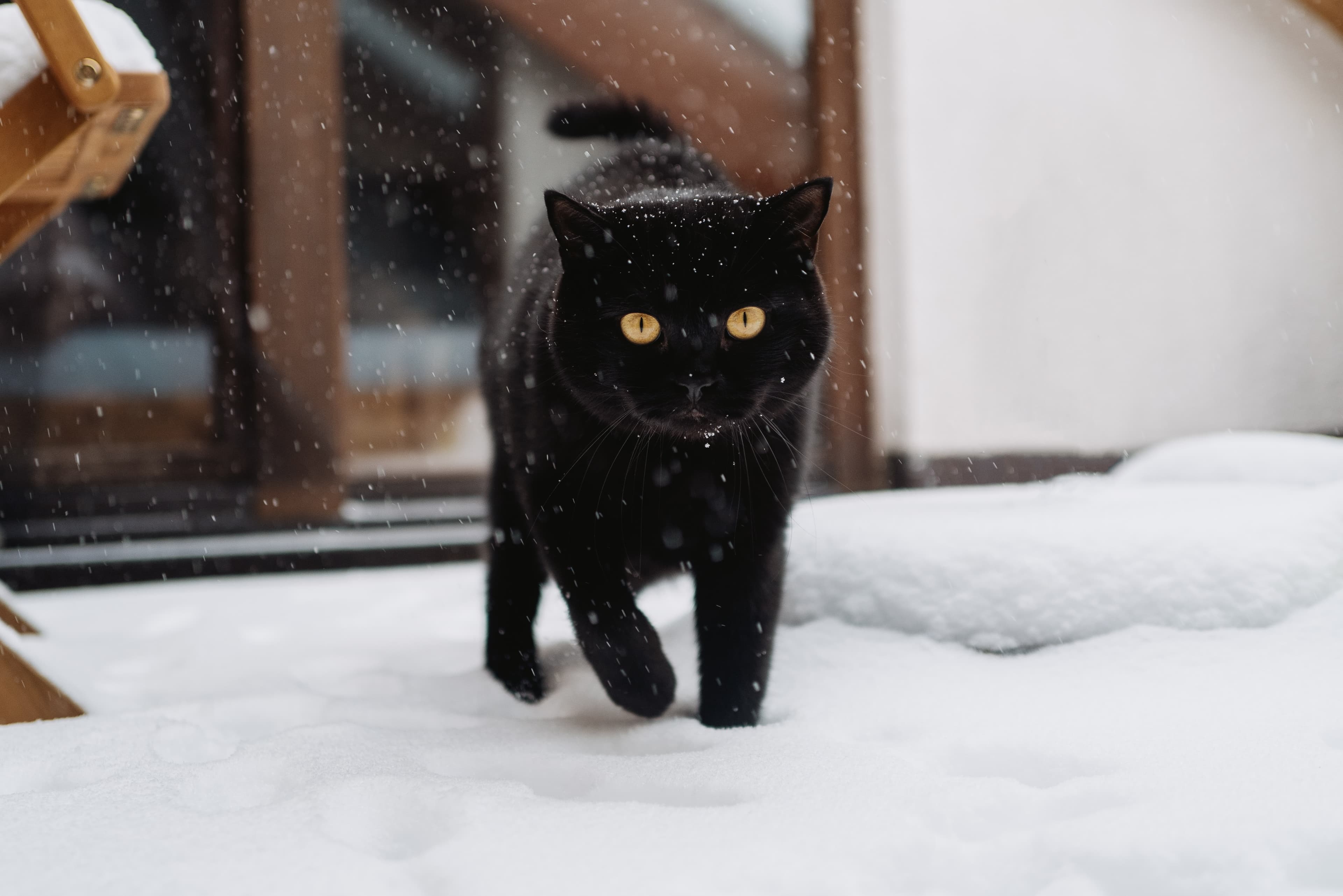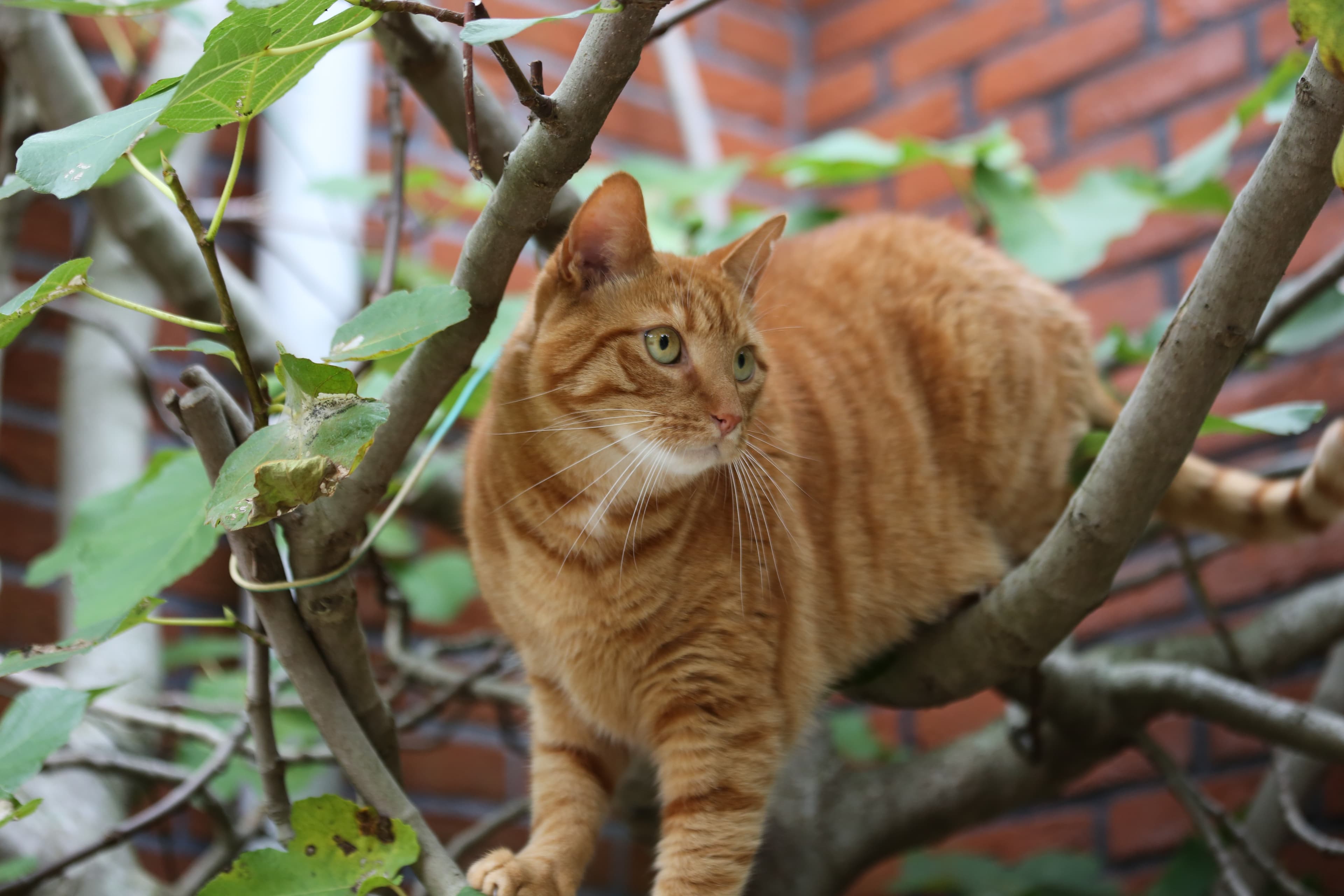Helping your overweight cat lose weight
Being overweight puts your cat at risk for many diseases, impacting their health and quality of life. Cats don’t know when they’re overweight and need our help to reach and maintain their ideal weight. If you suspect your cat is overweight, we recommend speaking to a vet for advice on how to proceed.
Helping a cat lose weight isn’t easy and requires a lot of patience. It might sound simple – reduce calorie intake and increase activity. But it must be done with long-term goals and sustainably, with your cat’s diet adjusted in consultation with a vet. Starvation is very dangerous for cats, especially overweight ones who are at increased risk of illness and liver damage if they go too long without food. So, consult your vet to set a target weight and weight loss plan for your cat!
When your cat is losing weight, it’s important to monitor their weight closely. The easiest way to do this is by using a baby scale, for example, as it will measure weight more accurately than a human bathroom scale.
When your cat is on a diet, there are various weight-loss foods available that contain fewer calories than regular foods. There are also foods specifically suited for neutered cats. If your cat is very hungry, feeding them wet food can help. Wet food is largely made up of water, which can help your cat feel fuller for longer.
If you feel your cat is overweight, we recommend contacting a vet before starting their weight loss plan.






